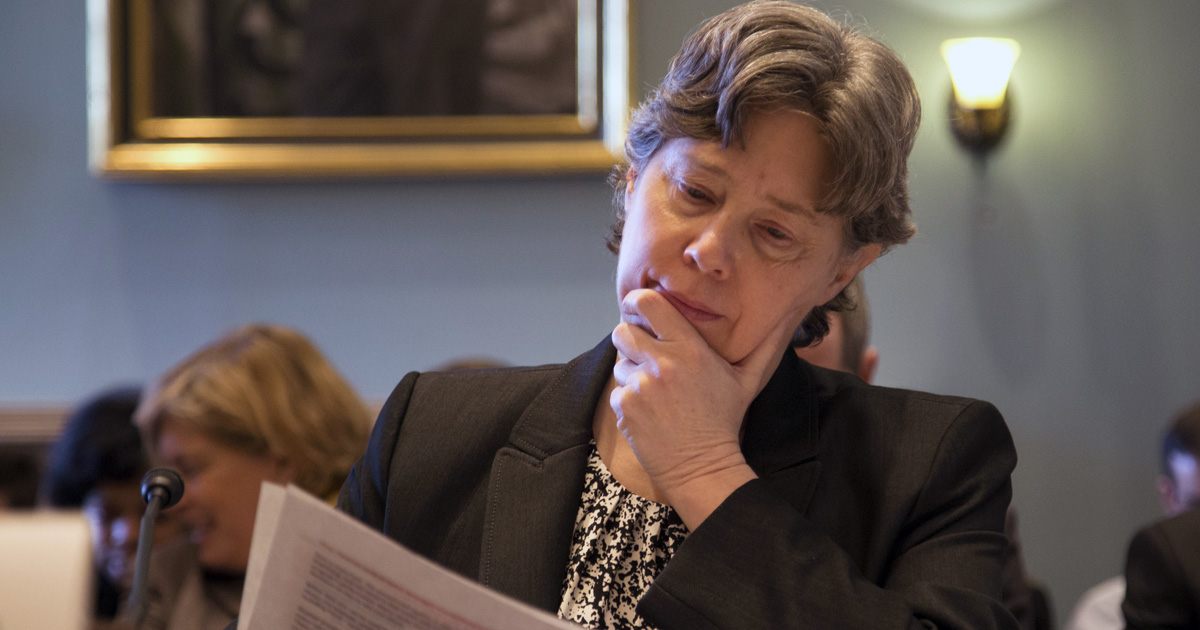Karen Cunnyngham specializes in federal nutrition assistance programs, including the Supplemental Nutrition Assistance Program (SNAP). She is an expert in microsimulation modeling and in using small-area estimation techniques to measure program eligibility and participation rates.
Cunnyngham joined Mathematica in 2001. She serves as principal investigator on projects for the U.S. Department of Agriculture (USDA) that use microsimulation to estimate how changes in Supplemental Nutrition Assistance Program (SNAP) policy may affect benefit costs, eligibility, and participation. These projects examine the characteristics of SNAP participants and estimate national and state SNAP participation rates. Cunnyngham also directs a project for the Robert Wood Johnson Foundation’s (RWJF) Policy department to develop indicators of progress in contributing to the policy advocacy ecosystem. In addition, she serves as a senior advisor on projects for Share Our Strength and AARP.
Previously, Cunnyngham directed a USDA project to develop new guidance for SNAP eligibility and quality control interviews using human-centered design, as well as an RWJF project to develop indicators of access to family support programs and create a website that provides comprehensive resources on measuring such access. In other work for USDA, she she served as a senior advisor on a project providing technical assistance to improve SNAP application processing timeliness and payment accuracy, and provided quality assurance review for a project analyzing SNAP benefit redemption patterns by linking data across various sources.
Cunnyngham has presented research findings to policy and professional groups, including at conferences for the Association of Public Policy and Management, the Federal Committee on Statistical Methodology, and the Administration for Children and Families, Office of Planning, Research, and Evaluation. She testified before the House Committee on Agriculture’s Nutrition Subcommittee to share resources that policymakers could use to gain a deeper understanding of SNAP, and before the House Committee on Agriculture about using SNAP data and microsimulation models to analyze how state policy options affect the SNAP population. She holds an M.P.P. from the University of Maryland’s School of Public Policy.


